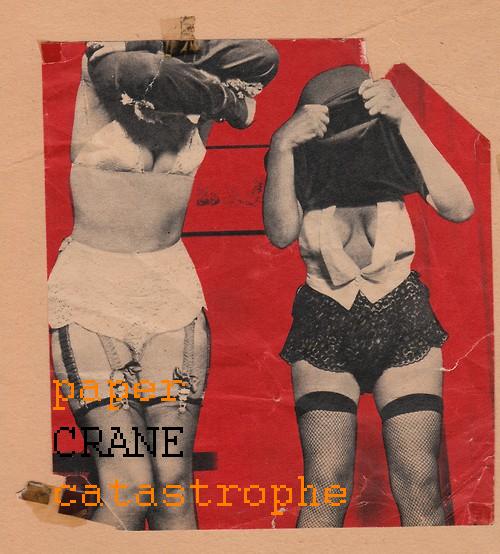I am sure you know the ones to which I am referring. In case you were wondering, the writing – need I say it? – is ex
ecrable. Occasionally nauseating. There are only so many times you can hear about the neverending bliss of eternal vampire sex without feeling just a
teensy bit irritated, my dear. And yet they are outrageously,
obscenely, addictive. Example: circumstance required me to lay the first book aside for a day when I was only halfway through. And let me tell you, I had my
very crankiest pants on for
every minute of that
blasted twenty-four hours, darling. Excuse the French. The other three I read in a single night each. And they are
not slim volumes, dear. I was snuggling down to sleep just when the birds were stretching their voices for the morning.
Thankfully, dear, I am not alone in my obsession. By Christmas 2008 the whole series was temporarily out of print. Bookstores had been
bled dry. Teenaged boys began buying copies to keep up with their female counterparts. Movies began to be made. Collectors’ Editions appeared. Fans proudly admitted to being
twihards. Nor were they limited to the ranks of the young. The kind lady who loaned me one of her four different editions (
five if you count her audio books) was middle-aged.
Husbands were sheepishly buying for their
wives. I even saw an
old man reading one once.
Have I mentioned, darling, that the writing is
atrocious?
As you know, Valerie, I get cranky when I don’t get my beauty sleep. Lord knows I need it. So I was
very keen to understand how these books were keeping me up past
breaking dawn (apologies) when other works of
far superior literary merit can sit meekly by my bedside whilst I snore.
Or snuffle. I’m sure I don’t snore, dear.
Now, Anne Lamott, in her book
Bird by Bird (to which I have committed the injustice of reading only half a page, and offer my sincerest apologies if I misremember it) opines that true plot,
literary plot, emerges from characters. The more complex the characters, the more naturally plot will emerge. After all, plot is what happens to all of us everyday, simply through the interactions of our differing selves.
Questionable writing, she says, occurs when an author sketches out a plot and then tacks some underdeveloped characters to it.
E.M. Forster would call such underdeveloped characters
flat (as opposed to their more complex
round counterparts). Now before you have me on toast, Valerie, flat is not necessarily a
bad thing. Indeed, it is essential to almost
any work of storytelling. Even in
real life, darling, the people we casually encounter and judge on a handful of personality traits could be called flat, simply by virtue of us not knowing them. Look at
any work of literature, darling, and I’m sure you would find at least
one flat character amongst all the carefully-developed Forsterian rounds.
But I think you will
also find, darling, that the most
popular genres of movies and fiction are comprised
entirely of flat characters. Think of the old Italian Commedia dell’arte characters you still see in
every sitcom ever made. Think of the characters of romance, crime, adventure, comedy, war, thriller, sci-fi, mystery, fantasy, pornography, western, mid-western, sou'western, middle-eastern. Think of Edward, Bella, Jacob. Flat! All flat!
And why would this be, dear? Simple: escapism. The less complex a character, the easier it is for us to identify with them. Now, in a work of serious literary intent, where the characters are im
peccably rounded and just as complex as they please, pleasurable character- identification can be damn near impossible. What if we don’t
like the protagonist? Being dragged through the intimate psychology of someone we normally wouldn’t talk to on a
bus, dear, requires a certain amount of
sticking power. Not many people are too comfy about living through someone whose thoughts, desires and morality are utterly foreign to their own. Commercial success depends on the
simple characters. The flat ones. People with enough humanity to capture the reader, but not
so much as to alienate him. Or her.
But darling, this
worries me to no end. If I am correct (and you know, dear, that I am
always correct) in saying that the vast majority of commercial storytelling (literary or cinematic) depends on the vicarious pleasures attainable through the use of simplified characters, then the stuff of popular culture must therefore be
built upon and
limited to the experiences shared and shareable by the
majority of society.
Now this, in itself, is no problem. Indeed, it is the basis of all human interaction: stepping off your individual perch and finding common pecking-ground with others. What
worries me, darling, are the
unprecedented methods of mass-production and dissemination available to us now. At what point do texts cross a line between entertainment and prescription? At what point do all our possible
ways of being become limited to those that we are shown by the mass-market? Typical ways of being a mother/father/teenager are beamed into our loungerooms every evening. Typical mums spruik "You'll Love Coles". Typical beauty is prescribed in film, music, books. Typical characters say typical things to each other amongst typically tangled plots.
We are agreed, Valerie, that we seek to emulate what we admire; also, that emulation is made easier by simplicity of character; also, that the dissemination of stereotypes has reached an unprecedented high. We have seen the devastating impacts of propaganda in countless wars; is mass-production its insidious counterpart? Does the mass-marketing of flat, prescriptive character roles inform the creation of mass-produced personalities? Is society beginning to lose value in individual thought, experience, insight? At what point does mass production become homogenisation?
Yours in unusual flummox,
Penelope


